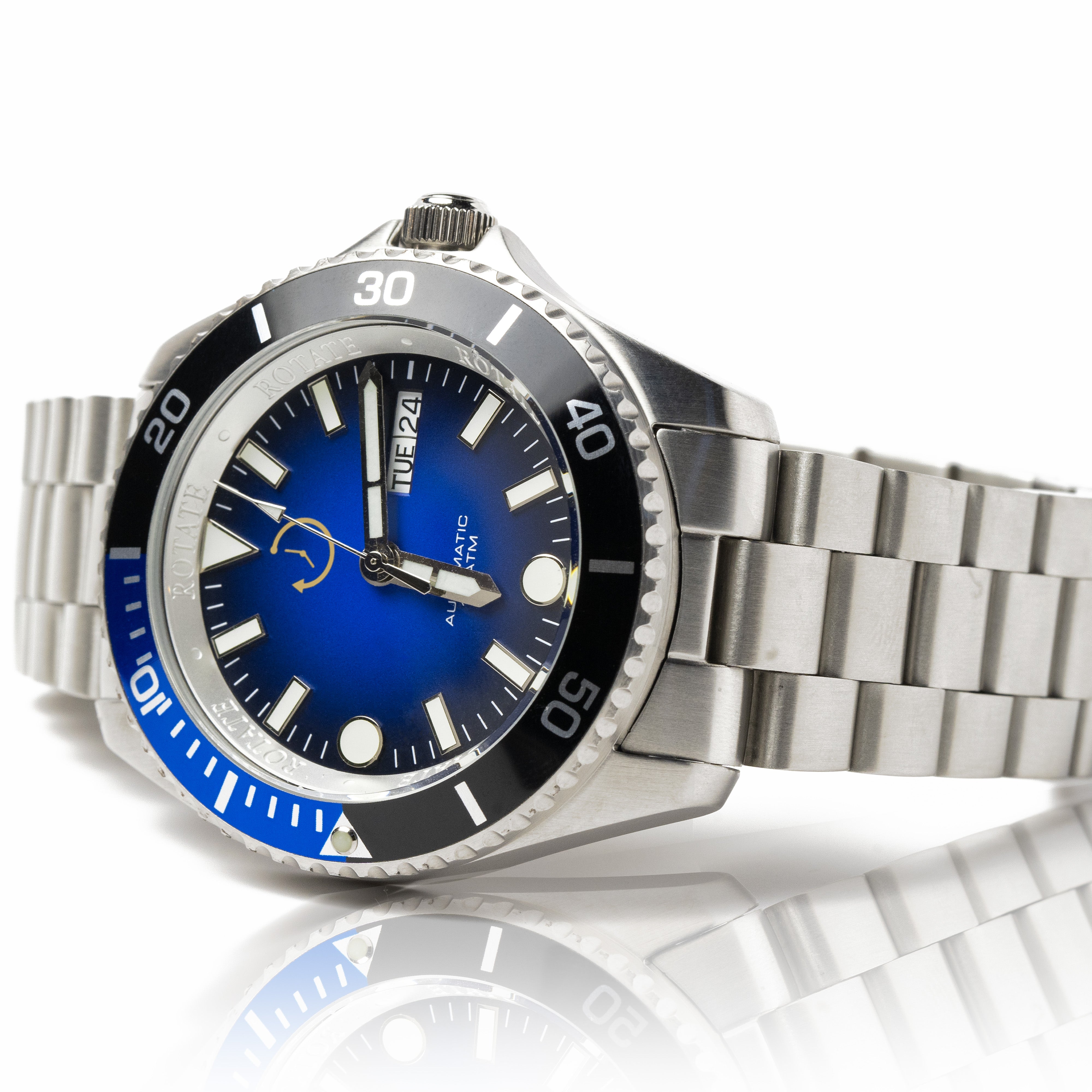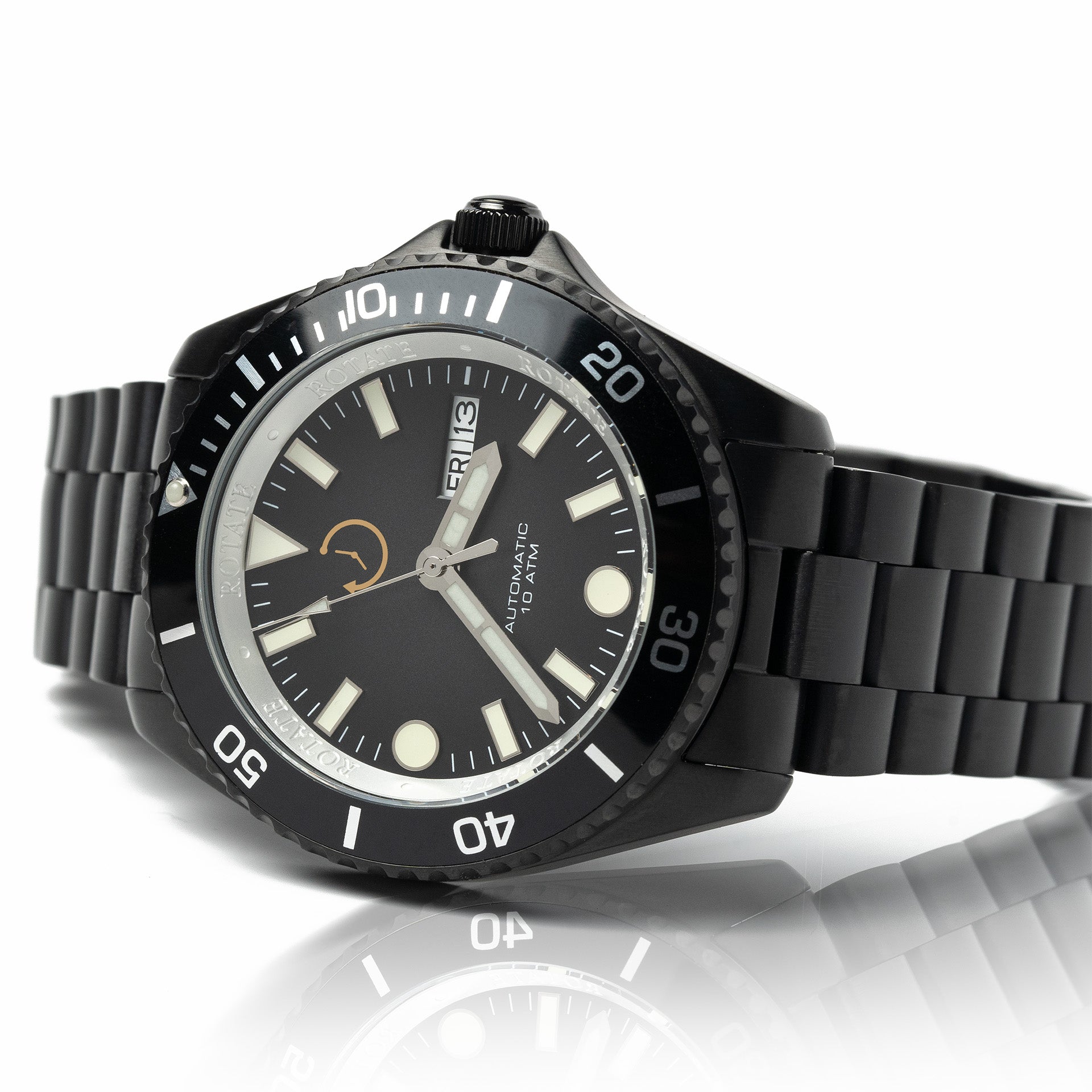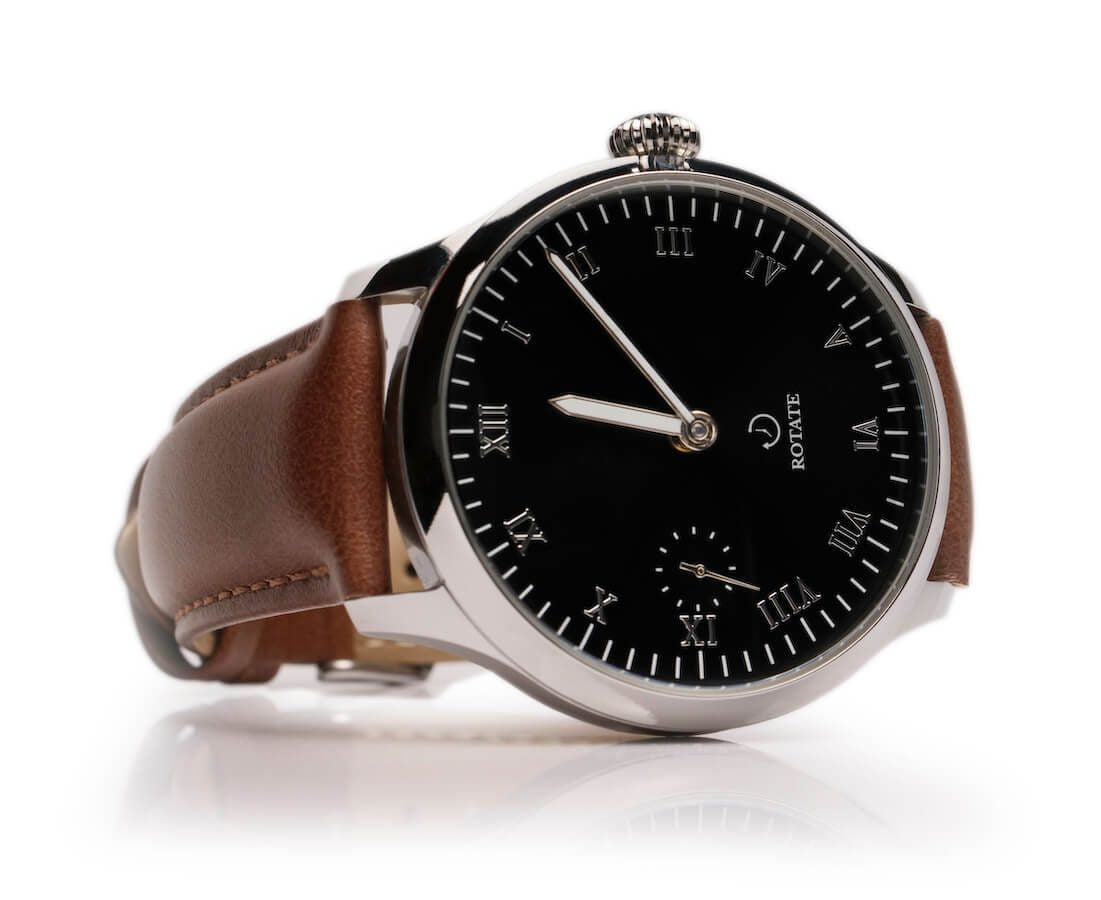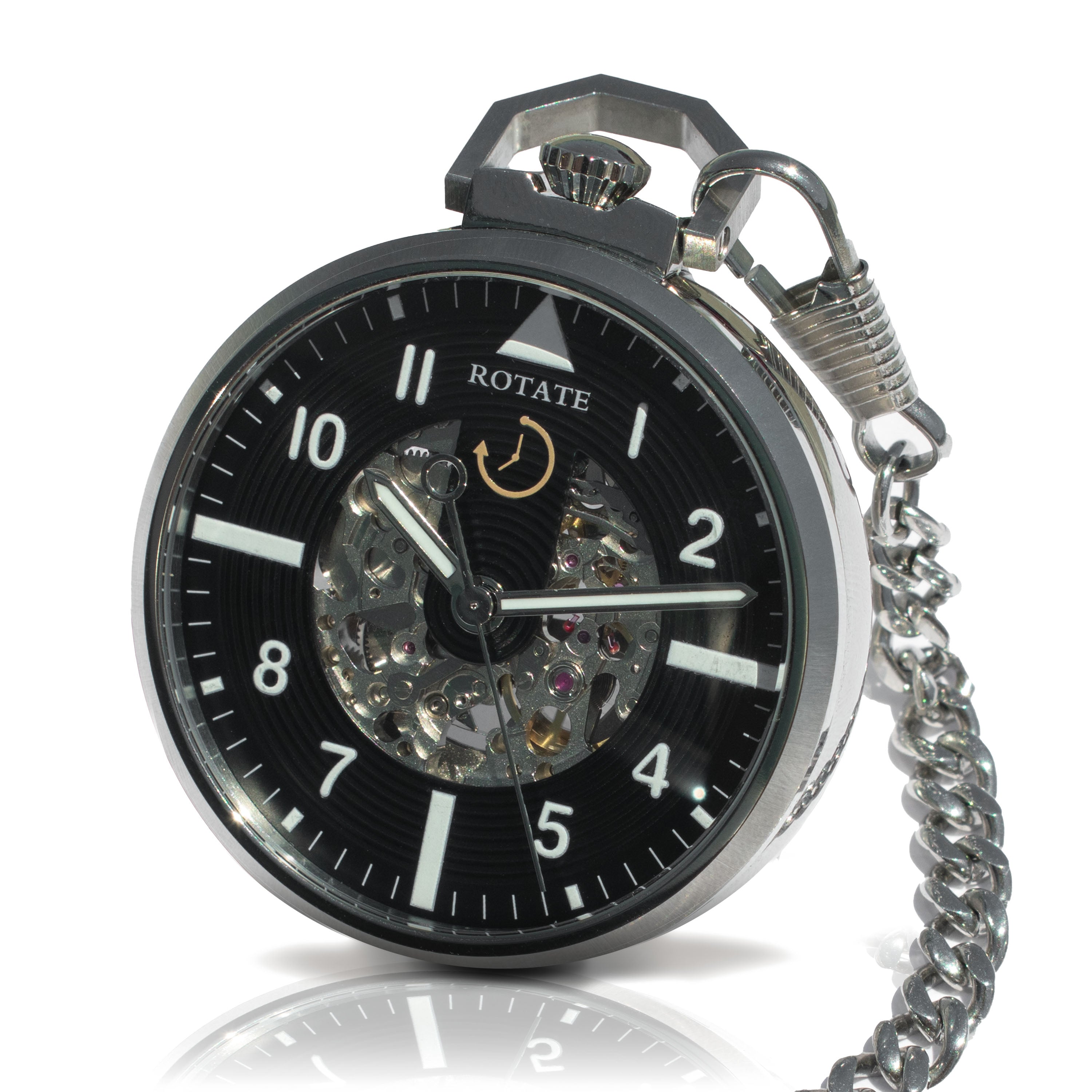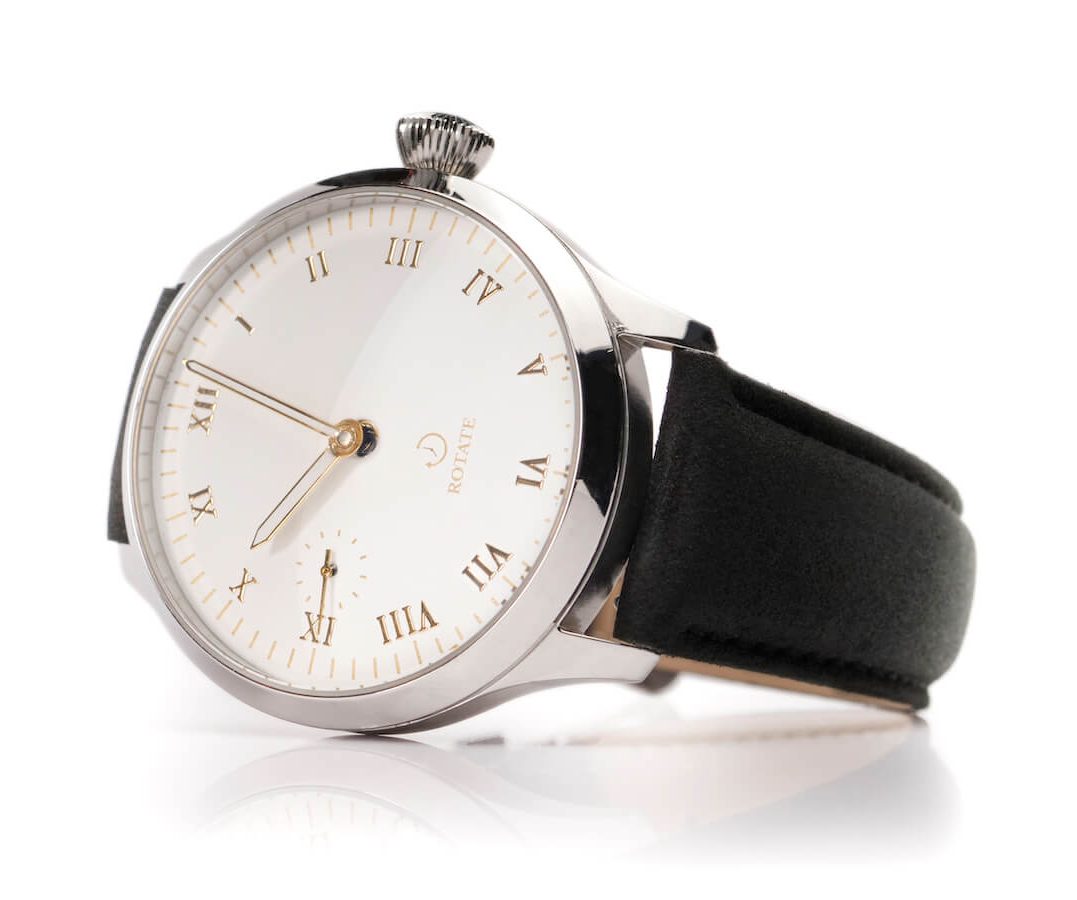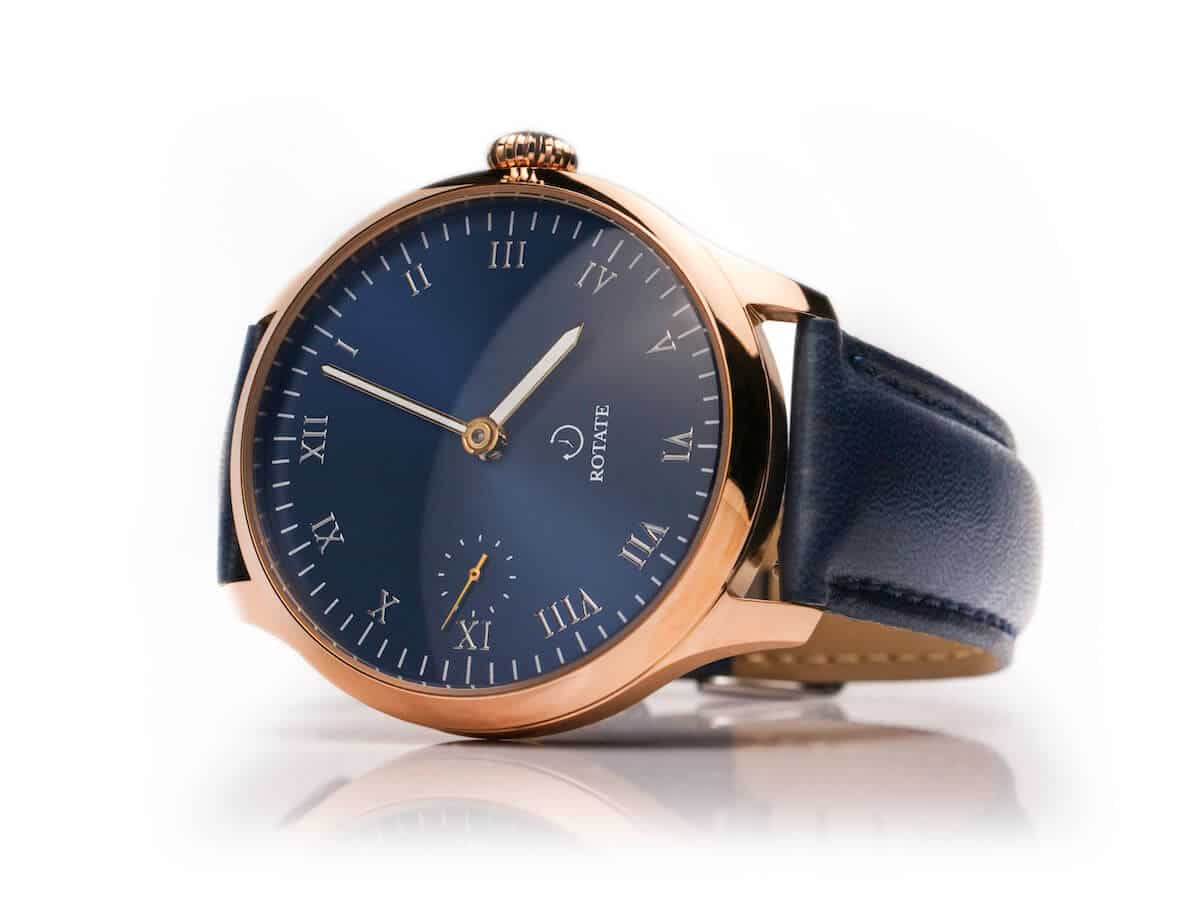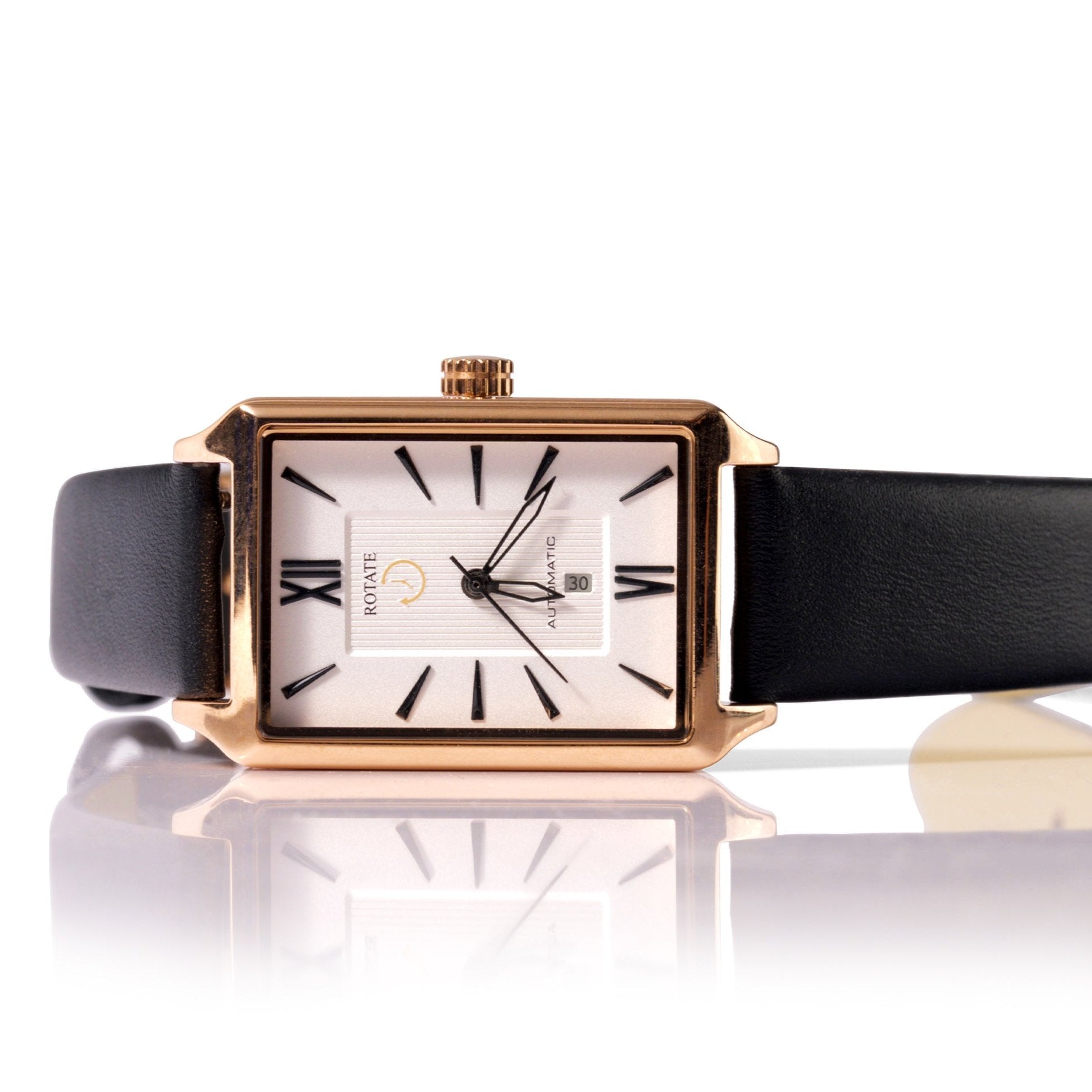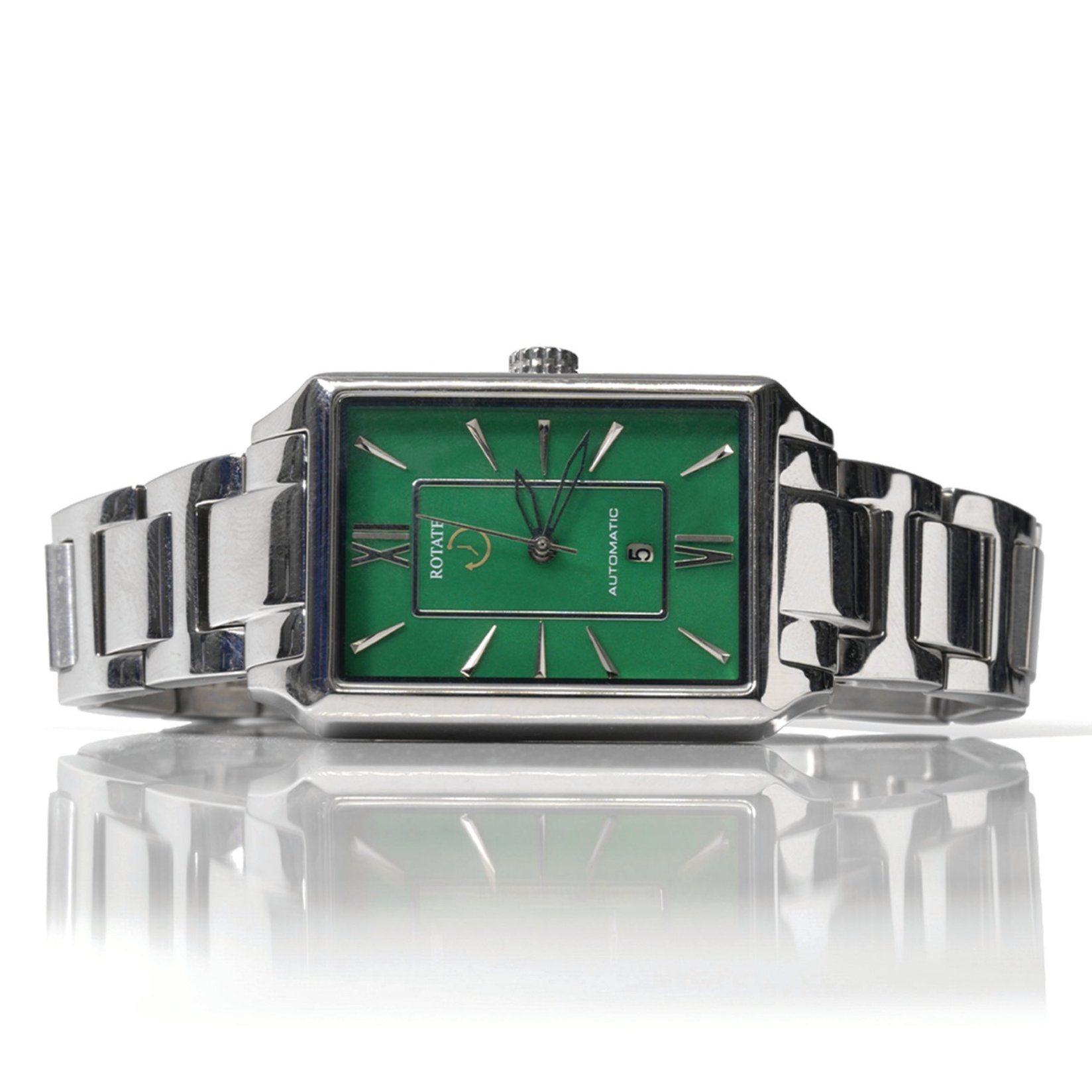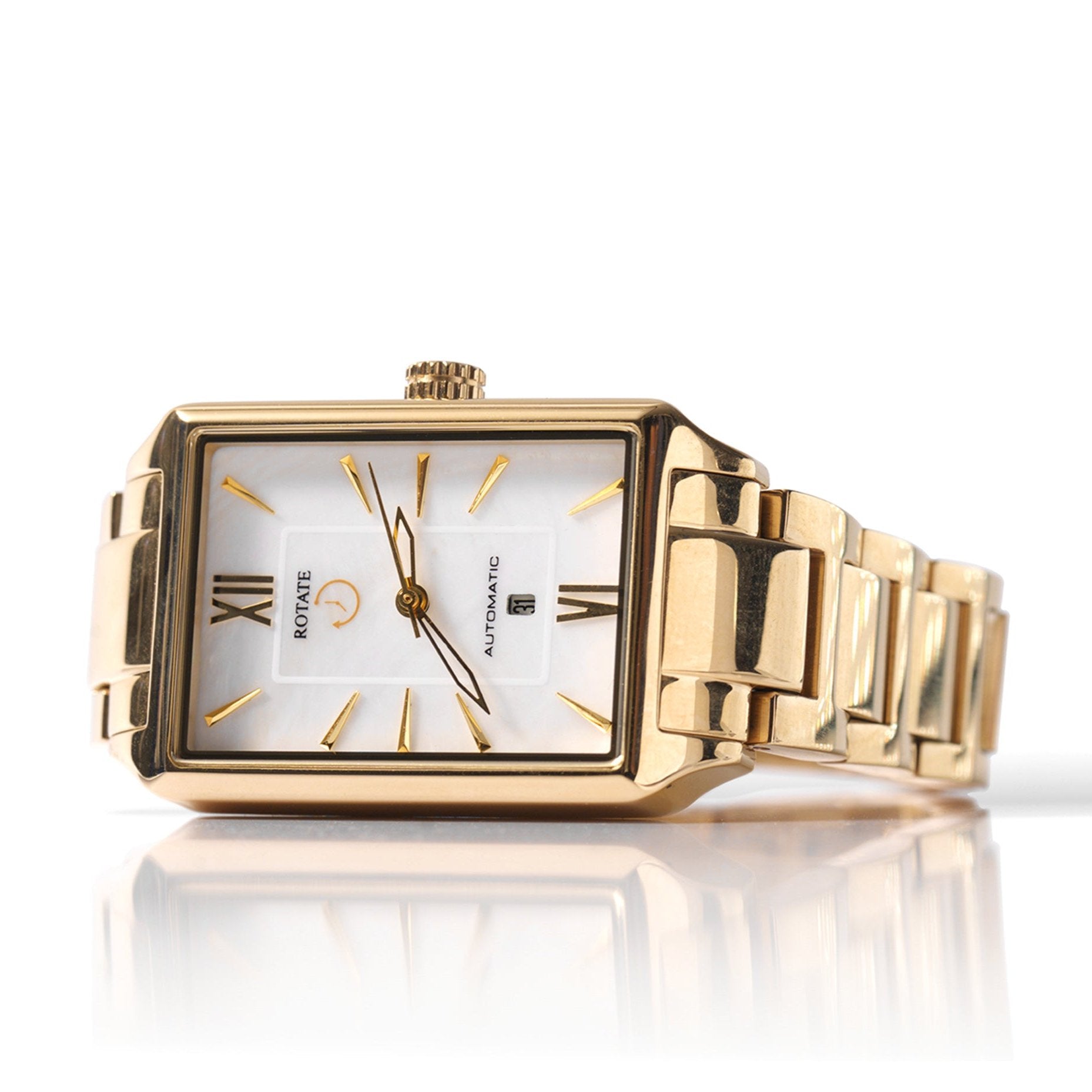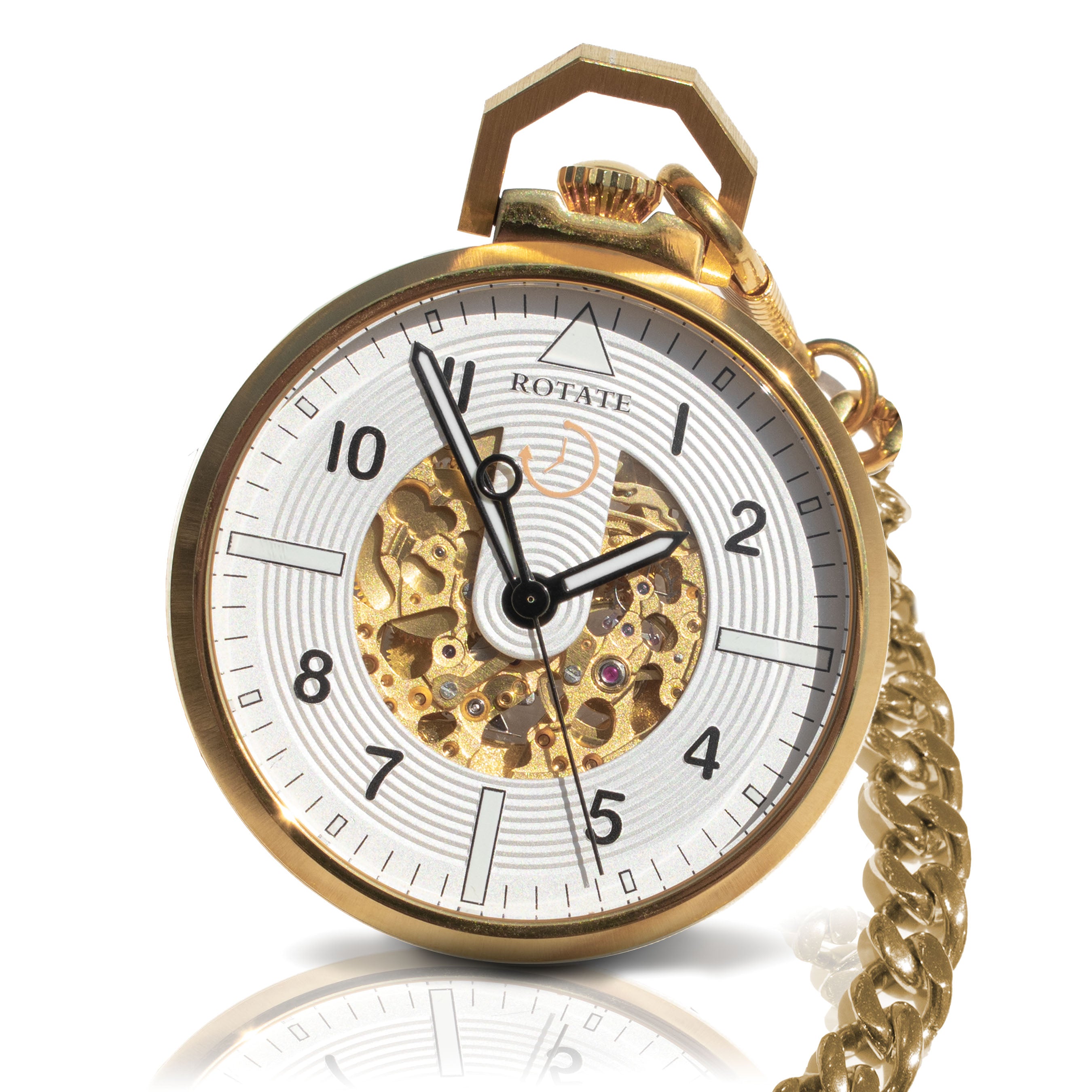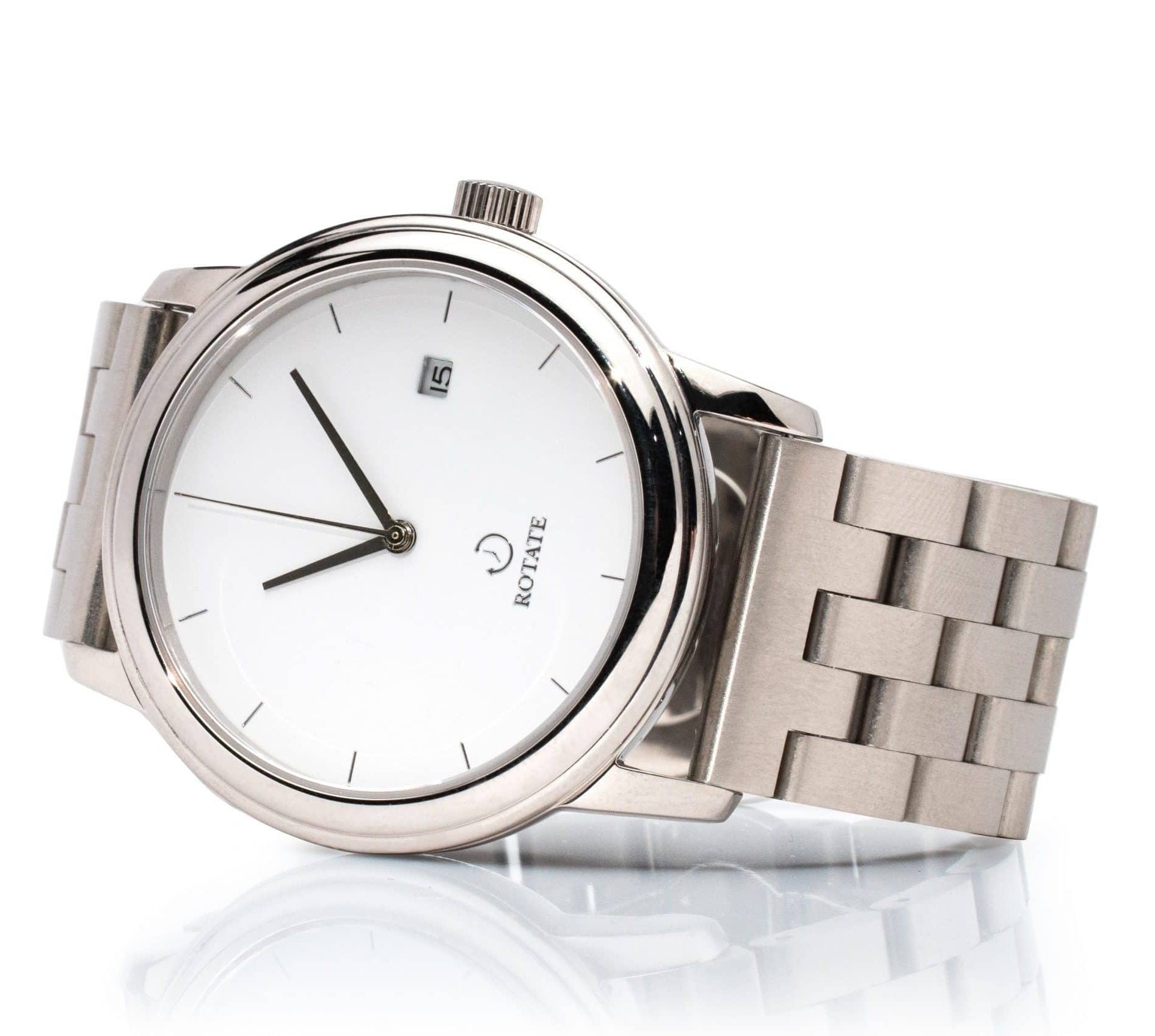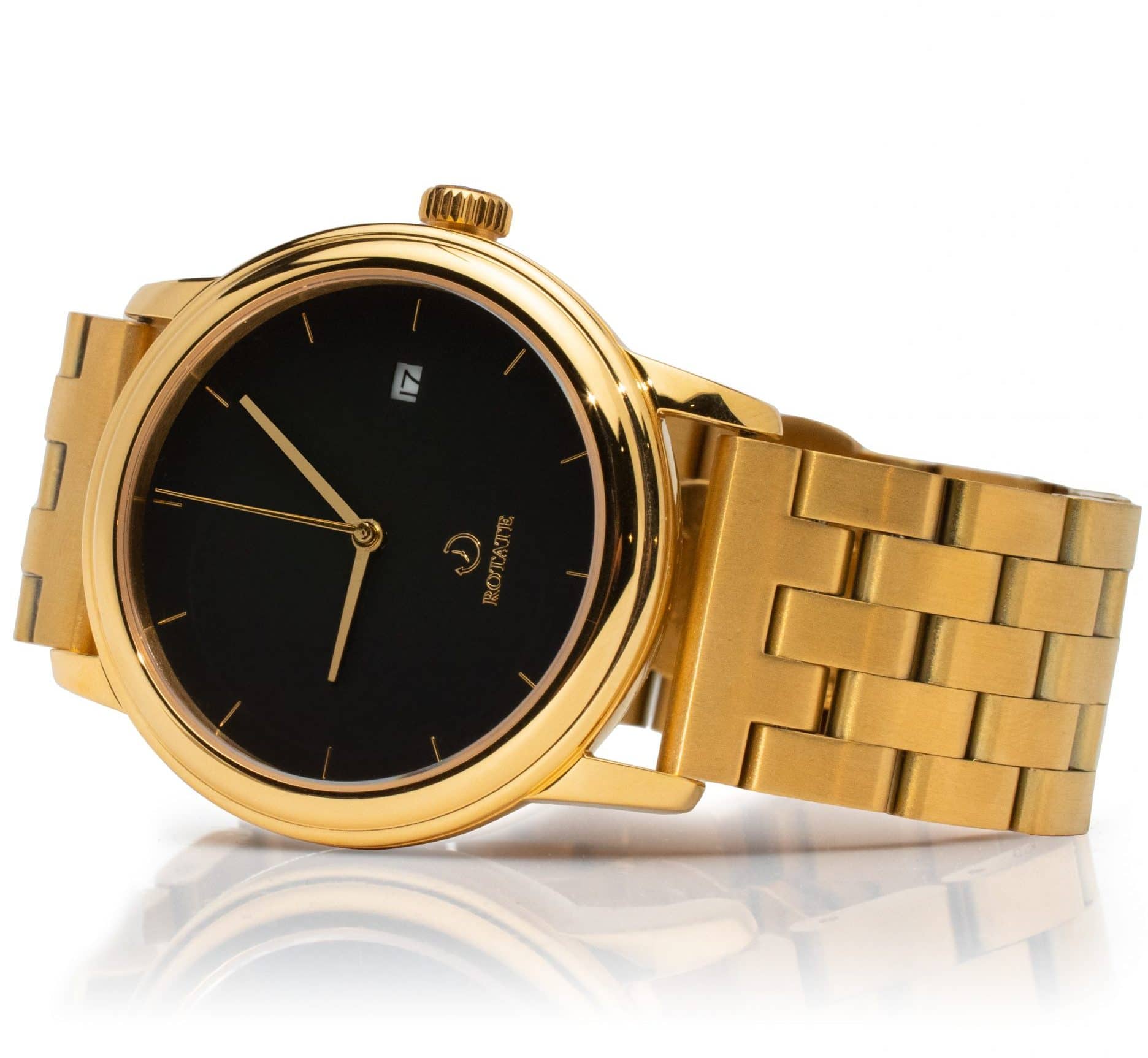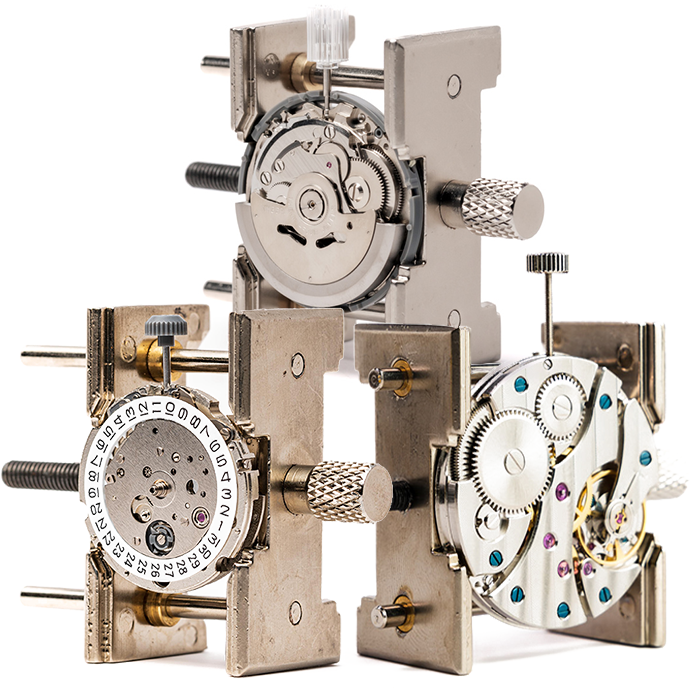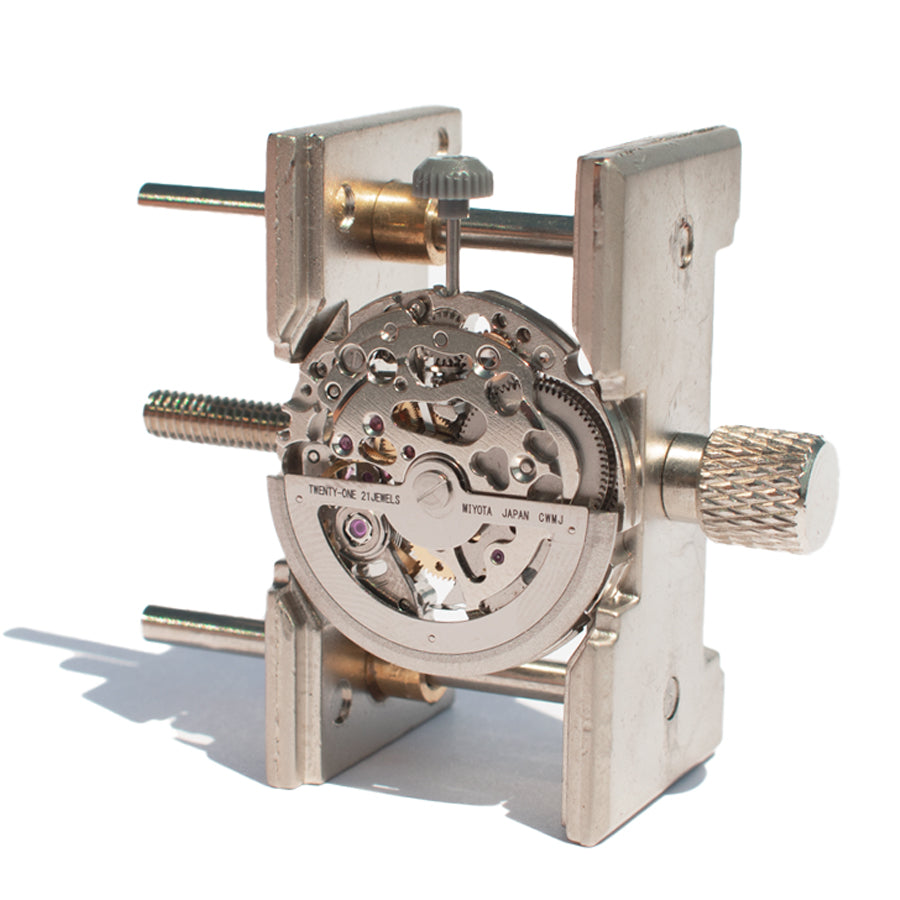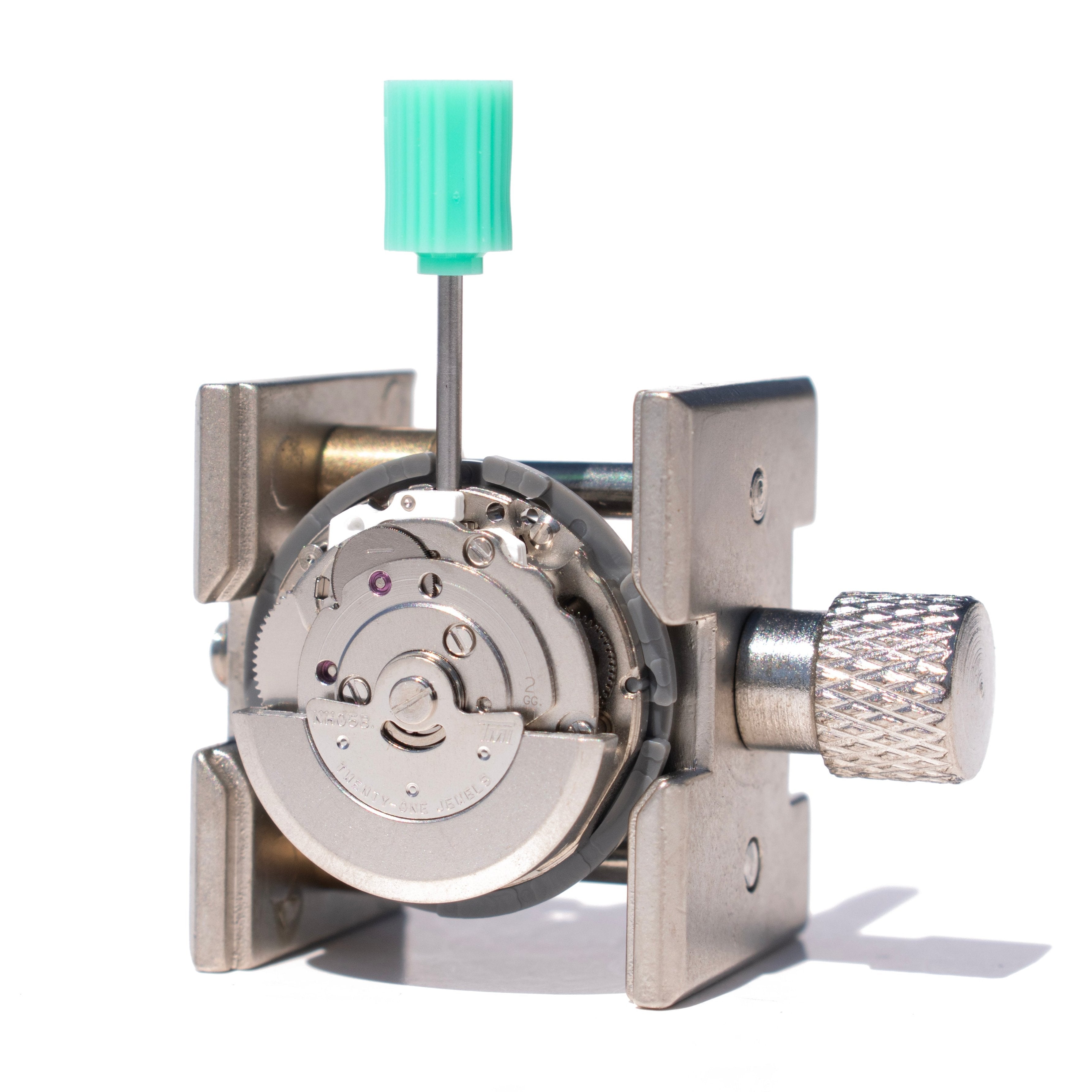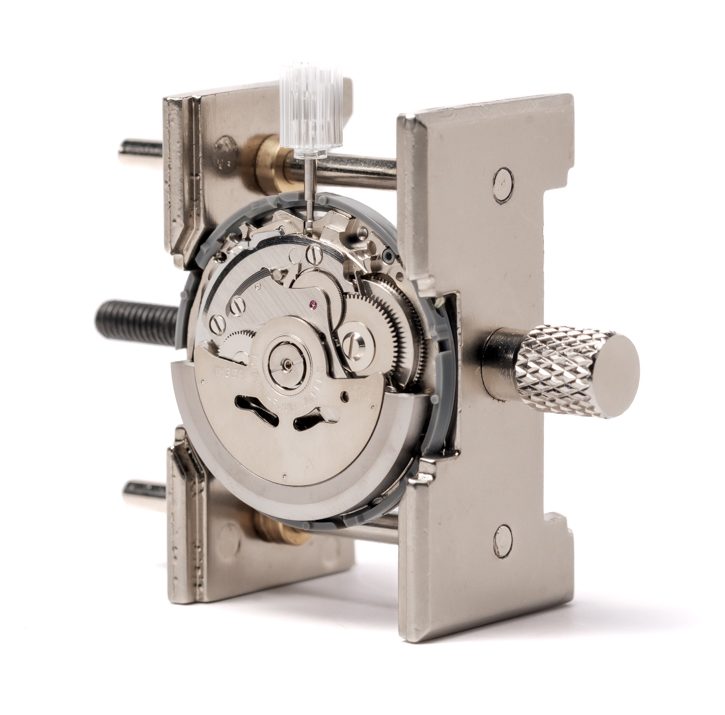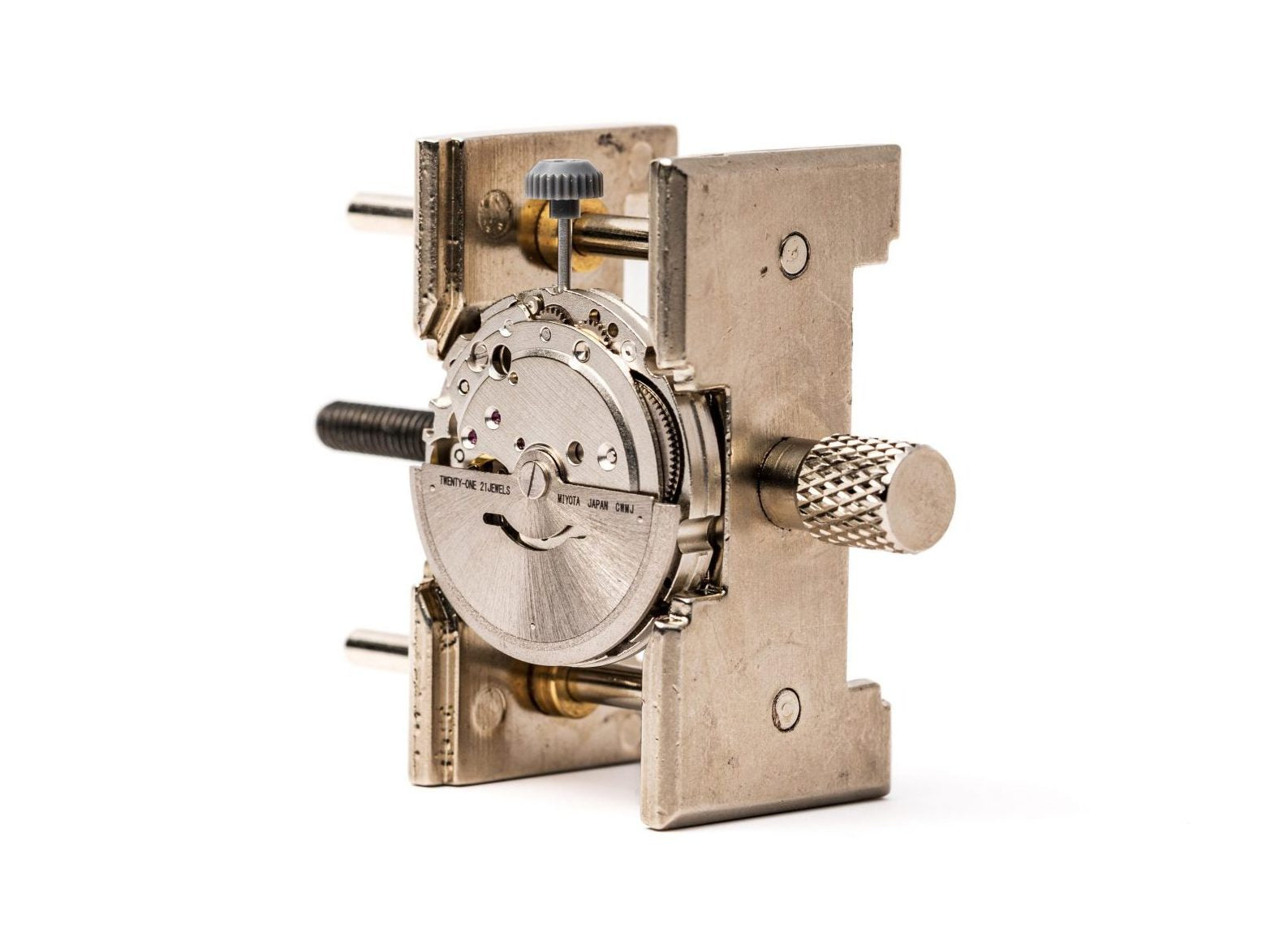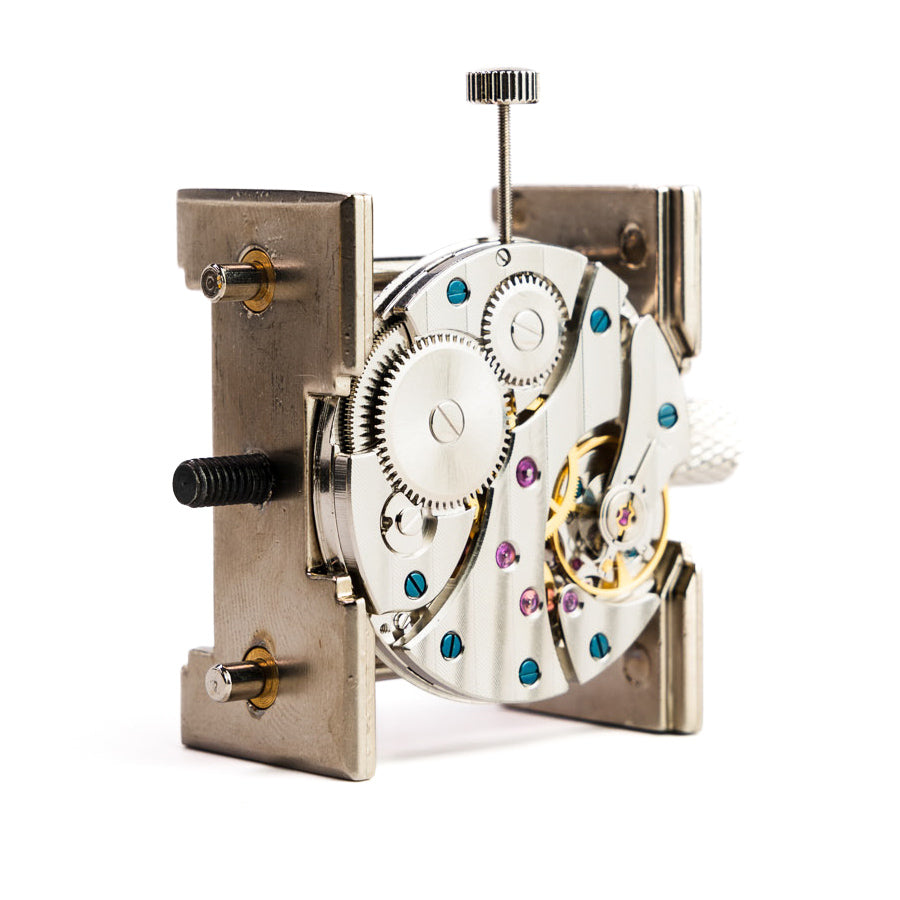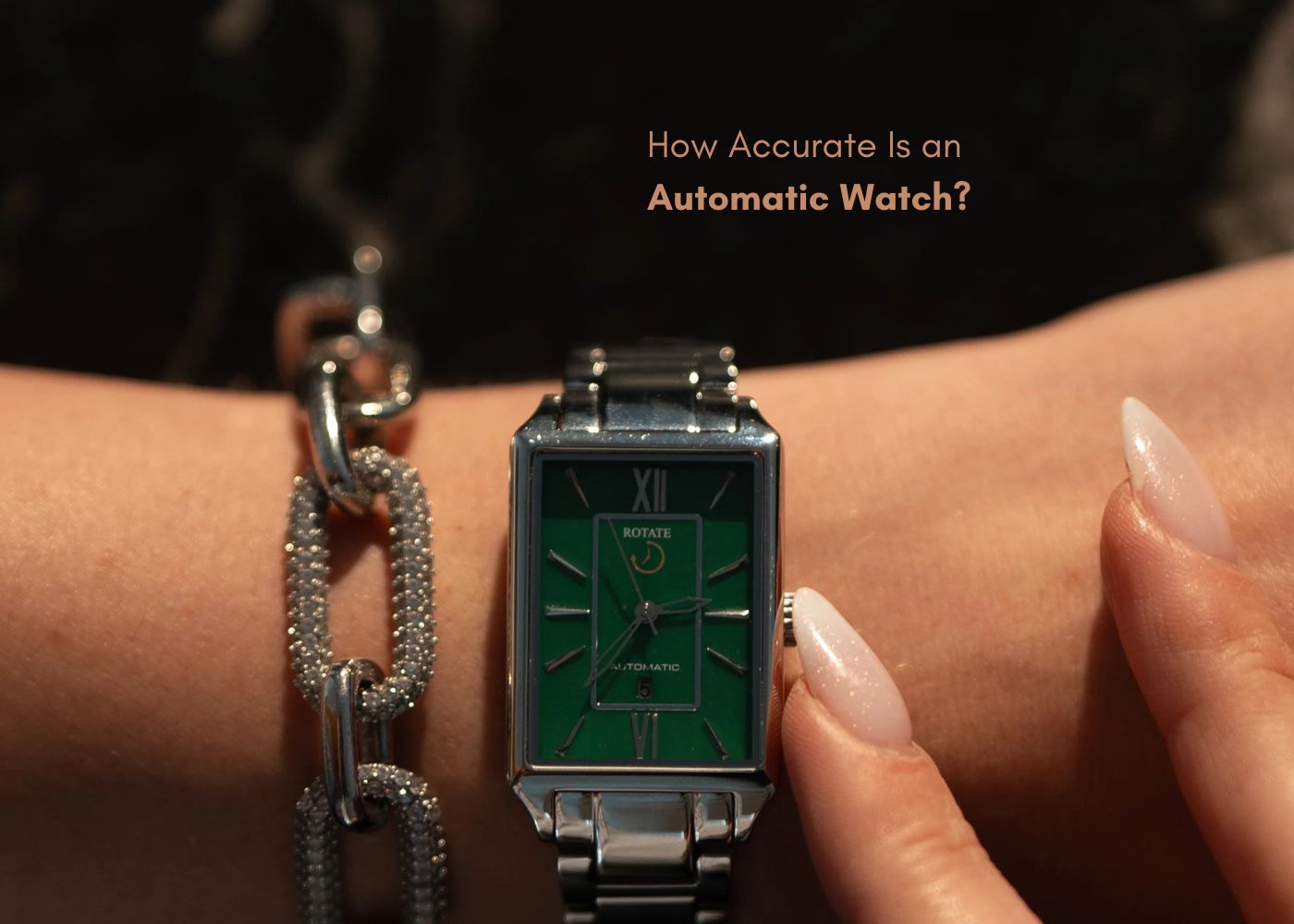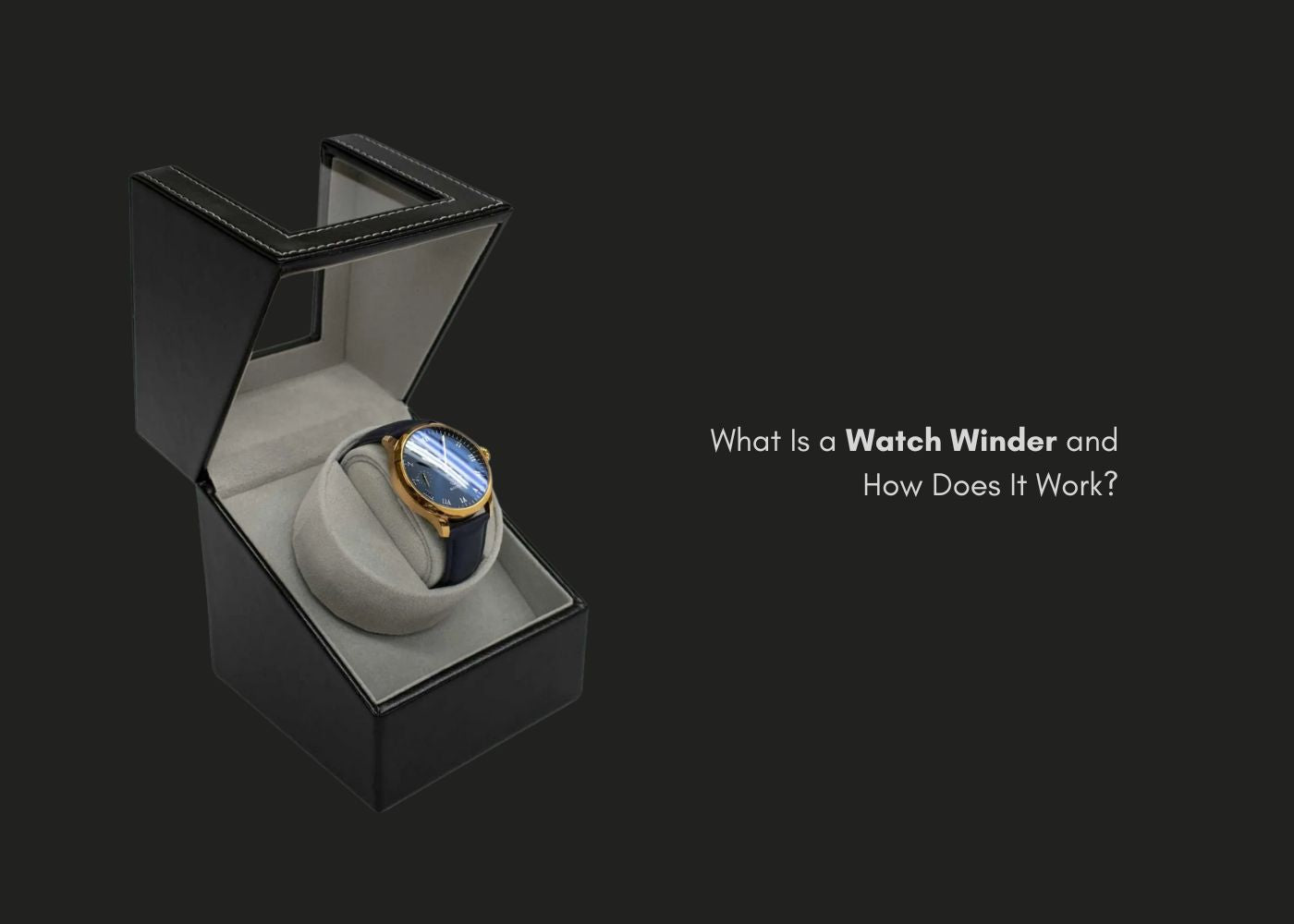
How Accurate Are Mechanical Watches? Real Talk on Precision
A mechanical watch works like a tiny orchestra, with each part playing its role in keeping time. From humble beginnings as spring-powered clocks to today's precision instruments, mechanical watches showcase centuries of innovation in mechanical watch accuracy.
The Journey to Modern Precision
Back in the 1400s, watchmakers could only dream of the accuracy mechanical watch standards we see today. When the balance spring came along in the 1600s, watches jumped from losing hours each day to just minutes - a huge leap forward that let watchmakers add minute hands for the first time in 1680.
Want to see how modern watches work? Build your own with our Knight Watchmaking Kit.
Railroad companies in the 1800s pushed watch accuracy to new heights. Trains needed precise timing to avoid crashes, leading to strict watch accuracy standards that shaped how we make watches today.
Today's Accuracy Standards
Modern mechanical timepieces typically vary by +/-10 seconds daily. High-end chronometer watches do even better, staying within -4 to +6 seconds per day. Many factors affect how well your watch keeps time.
Get hands-on with watch mechanics using our Seagull ST3600 Movement Kit.
What Affects Watch Accuracy?
Position Matters
Gravity pulls differently on your watch's parts as you move. A watch lying flat tells time differently than when hanging sideways. Great watchmakers adjust their pieces to work well in many positions.
Weather as a Factor
Just like a bridge expands in summer heat, watch parts grow and shrink with temperature. Modern watches use special materials to keep running smoothly no matter the weather.
Ready to build a modern precision timepiece? Check out our Cabot Watchmaking Kit.
Getting Certified
Swiss chronometer certification (COSC) marks the gold standard for mechanical watch accuracy. Only 6 out of 100 Swiss watches earn this badge after two weeks of tough testing.
New Tech Makes Better Watches
Watch accuracy keeps improving thanks to:
-
Silicon parts that resist magnetism
-
Better gear designs
-
Faster-beating movements
Accuracy Levels Explained
Real-World Performance
Looking Ahead
Mechanical watches blend art and engineering in amazing ways. As technology advances, we'll keep seeing better mechanical watch accuracy, while keeping the charm that makes these timepieces special.
Looking to purchase highly accurate mechanical watches and kits? Begin your own watchmaking story with DIY Watch Kits from Rotate.
FAQ:
What makes a mechanical watch accurate?
Daily changes of +/-10 seconds show good accuracy in regular watches. COSC watches do better at -4/+6 seconds daily.
Will storing my watch affect accuracy?
Moving parts need regular winding to stay lubricated and accurate. Wearing or winding your watch keeps it running its best. Refer to your Rotate Watchmaking Kits.
Do older watches run less accurately?
Well-maintained watches stay accurate for years. Regular care prevents wear from affecting timing.
How can I improve my watch's accuracy?
-
Check timing patterns over several days
-
Watch how different positions affect accuracy
-
Change how you wear or store your watch
-
Use a watch winder for unworn pieces
What's the best way to adjust watch accuracy?
-
Keep track of daily timing
-
Find the best storage position
-
Wind regularly
-
Stay away from magnets
Start your watchmaking journey with our Watch Movement Kits.


